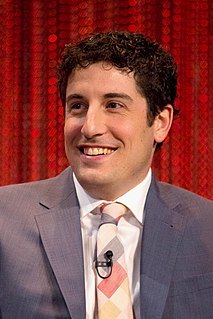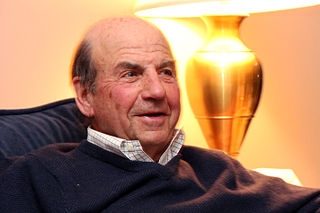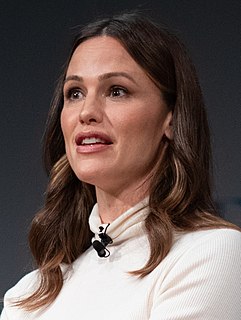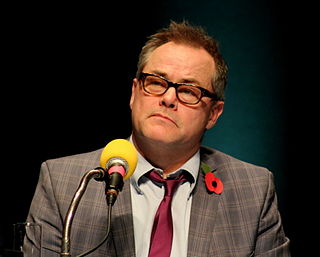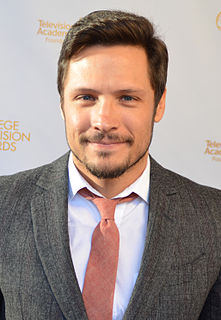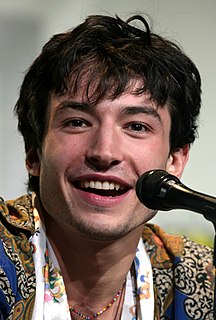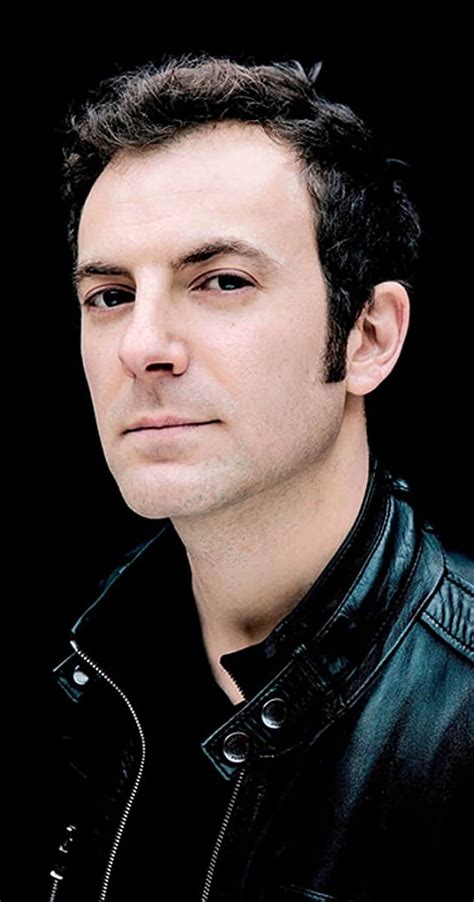A Quote by Mike Birbiglia
There's nothing funny the first time about telling a story about getting beat up and it makes you leave high school.
Related Quotes
I've learned that I don't want to be as open or public about relationships anymore. In my first relationship, I thought I could hold on to the normalcy of just being like "Yeah, we're dating," just like if it were high school and I was telling my friends. But in high school, there aren't articles written everywhere when you break up and you don't have everyone in the school coming up to you and asking what happened or sharing their opinion with you. It didn't feel like ours anymore, it felt like everybody else's.
Teenage girls, please don’t worry about being super popular in high school, or being the best actress in high school, or the best athlete. Not only do people not care about any of that the second you graduate, but when you get older, if you reference your successes in high school too much, it actually makes you look kind of pitiful, like some babbling old Tennessee Williams character with nothing else going on in her current life. What I’ve noticed is that almost no one who was a big star in high school is also big star later in life. For us overlooked kids, it’s so wonderfully fair.
I allude to Back to the Future in the 1985 story to let folks know it was an inspiration and because it literally was the most time-travelly bit of pop culture we had in the mid 80's. I can talk about their tools for considering change. First, the book is metafictive in a traditional sense where I'm showing and telling the reader that the act of writing and reading is a reflexive way to push boundaries of real and literal time travel. Writers and readers are time travellers. The question is what we do with that time we traveled when we leave a book, leave a page.
It's about getting the kids up and fed, getting one to school, getting the other down for a nap, going to the grocery store, picking one up from school, getting the other one down for another nap, cooking dinner... I live my life at these two extremes. I'm either a full-time stay-at-home mom or a full-time actress.
The fact that 'A Dirty Job' has comedy and supernatural horror in it, that both are woven in and out of it with a whimsical tone, despite the fact that it's about death, makes it hard to characterize with standard genre labels - but I have no problem with that. I'd call it a funny story about death, and leave it at that.
It was like, `Do you want a job?’ It didn’t matter what the pitch was. I had to get something because I was doing nothing. It sounded all right to me. I initially read for the role that Colin (Hanks) got. Then they called me back for the role that I ended up getting. … I know it sounds kind of funny. OK, they’re aliens and they’re walking among us and they’re in high school. My good friends are always picking on me about it.
It makes sense that we came up with our public school system during the Industrial Revolution because it's like everybody is a factory worker, eating their terrible food and going back to the room where you're silent and listening to an idiot. That's an epitomizing idea, getting called 'Nothing' for your whole high school experience.
In adolescence I started to find out about Robert Wilson because I saw Lou Reed's "Timerocker" at [the Brooklyn Academy of Music]. I started getting into Jim Jarmusch and knew that my uncle was a friend of his. I pieced together parts of his life in high school and college, which lead me to his story in a funny way.




